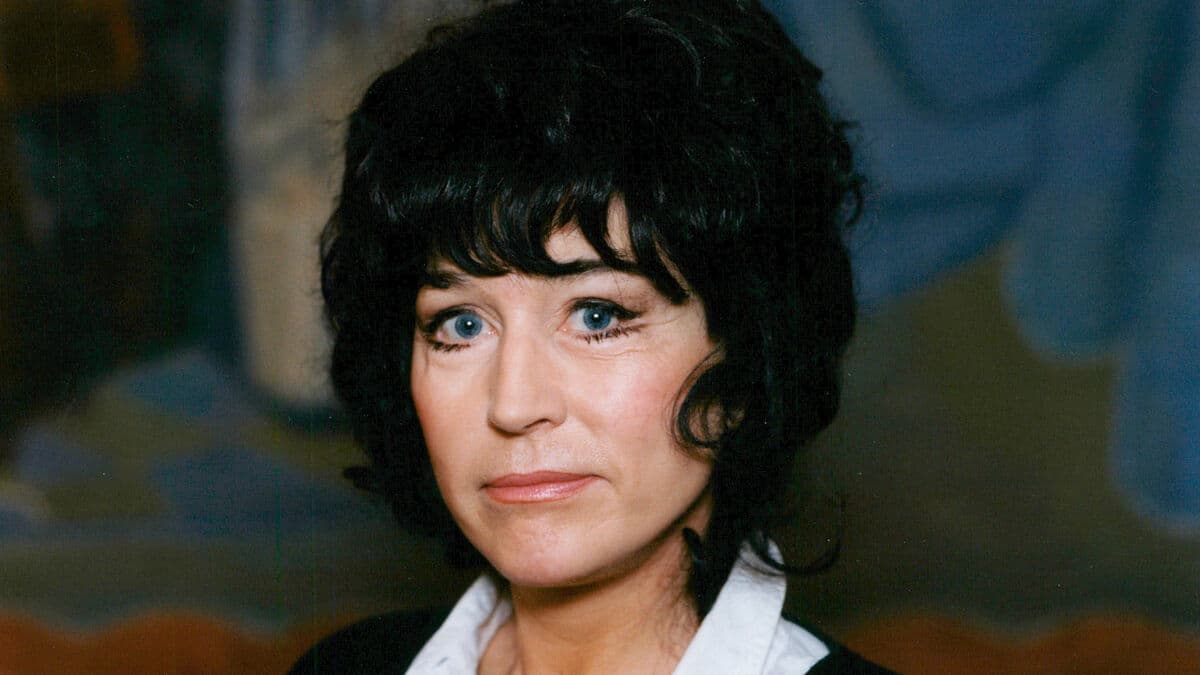Several of her works touch on life and death in a completely unique way, and explore the woman and the female body in a human and touching way.
So says Beata Gårdeler, director who last year put up Han Kang's novel "The Vegetarian" as a play at Dramaten.
In some way, you feel very close to her characters, even though she is from another part of the world. It feels very human, says Gårdeler, who thinks the prize is well-deserved.
Author and critic Jens Liljestrand believes that the Swedish Academy, by choosing Han Kang, wants to show that they have "an open eye".
- I think it's fun and unexpected. I think I can see a pattern from the Academy lately to occasionally want to reward a public and relatively young authorship, says he.
"Mainstream"
It's also fun that the prize goes to an author from South Korea, a country that has never received it before, thinks Jens Liljestrand.
It's an accessible authorship, one that ordinary book readers can relate to. One, with all respect, mainstream authorship you could say. I just talked to a publisher who said "we read her in my book club", it's that kind of author, says he and compares her authorship with names like Kazuo Ishiguro or Orhan Pamuk.
A realistic and strong authorship, which can captivate readers. It's easy to see it all ahead. In that way, a traditional novelist, who at the same time tells about her country's traumas, says Jens Liljestrand.
"Lukewarm"
Literary critic Sara Abdollahi Lekta thinks that just "The Vegetarian" is an incredible novel – but calls the Swedish Academy's choice "lukewarm", considering the entire authorship.
It feels like a tendentious trend to latch onto trauma writing. I would rather have seen someone like Thomas Pynchon, says she.
Anna Gustafsson Chen, who translates Chinese literature, says that Han Kang is liked by many and is a good author.
She writes about serious, big questions in a very beautiful and poetic way. And you get very deeply touched when you read her texts.






